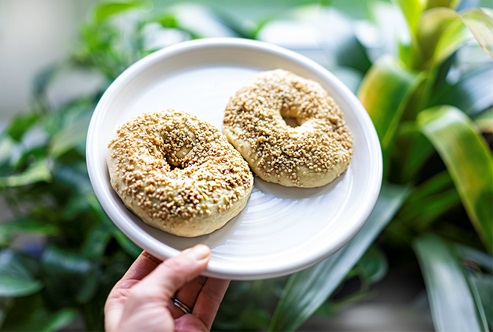Here are six simple tips to help you become a better chef
Starting as a cook can be intimidating when trying out new recipes, and when you don’t get them right the first time, it can be quite discouraging. Don’t give up if you don’t make it right the first time, because practice makes perfect! To make it easier for you, we’ve put together a list of six common kitchen or cooking mistakes on this site and how to prevent them from happening in the future.
1 – Prep up by reading up
This tip will save you a lot of time when you begin cooking because you don’t underestimate the importance of prepping beforehand. You should read your recipe carefully before starting, and make sure you have all the ingredients and the kitchen equipment you will need from beginning to end. No more fumbling around the refrigerator or cupboards while the sauce boils over! Go through this site and do clear your further queries.
2 – Pre-heat ovens and pans
The tip applies to all types of cooking pre-heating the pan seals the juices of meat patties and slices and gives them a nice brown sear. You will know your pan is ready if a few drops of water “jump” and evaporate on its cooking surface. If not, you may end up with soggy food or vegetables that take too long to cook.
3 – The importance of size
If you are boiling food, make sure there is enough water so that it can “swim”, especially when it comes to pasta, which expands during cooking. The spaghetti becomes starchy and clumpy if it has too much food and not enough water. The size of your pan should be taken into consideration when you are frying. If you have difficulty flipping over too many pieces of meat or vegetables, it may not cook evenly.
4 – Dough and batter overmixing
Cakes and muffins that are over-mixed will result in chewy, slightly tough results. Here’s how you can use a food processor or kitchen machine to get the consistency you desire by following the recipe directions.
5 – Make sure you keep tasting
You’re probably better off tasting your food every step of the way if you’re trying to prepare a dish that you rarely prepare or haven’t tried before. It’s best to taste early and often. If you find your food over-seasoned, add some lemon juice or vinegar to balance out the flavors if you need to.
6 – Adding garlic at the right time is essential
You should not use burned garlic when sautéing vegetables or meat since it will turn even the best-seasoned dish bitter if it burns. If you’re cooking a Western recipe, add the garlic at the end of cooking if possible. If you can, use minced or smashed garlic to avoid burning in the pan. Stir-fries, which often require garlic to be sautéed at the beginning, should be watched carefully; once the garlic turns golden brown, it should be backed off the heat or added liquid.
Get ready to impress your family with healthier and smarter cooking when you use these six tips to follow your culinary inspirations!


Comments are closed.